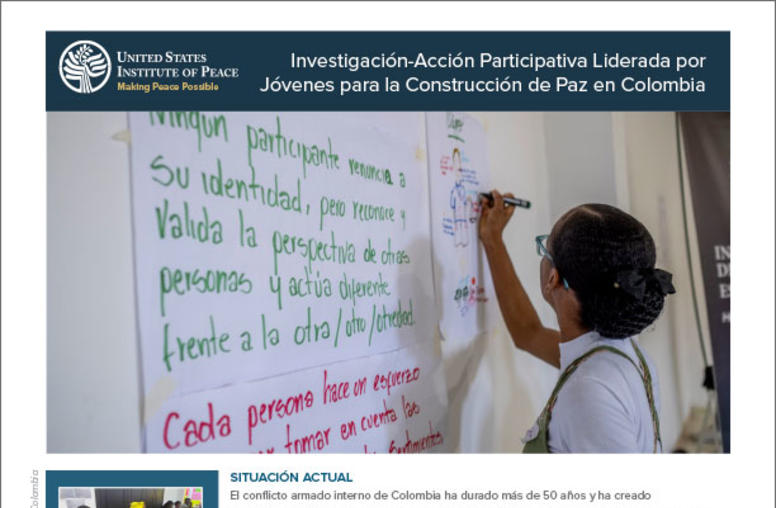The Role of Diasporas in Conflict and Peacemaking
Diasporas can have a positive and a negative impact on conflicts "back home" through direct support to combatants and victims of conflict, and by influencing the policies of their native and adopted countries. Diasporas can secure tangible and intangible resources to fuel armed conflicts, and they can provide opaque institutional and network structures that enable the transfer of arms and money to terrorist groups. More positively, diasporas can give humanitarian assistance to victims of conflict and they also support post-war reconstruction efforts. Diasporas have the potential to make a powerful contribution to peace and reconciliation—a potential that remains largely untapped in international efforts to resolve conflict.
This session will explore patterns of diaspora intervention in conflicts and identify leverage points for constructive interventions by global policymakers. Each of the speakers recently contributed a chapter to Diasporas in Conflict: Peacemakers or Peace Wreckers? (United Nations University Press). The speakers will explore different experiences and aspects of diasporas in conflict and peacemaking, including the Armenian, Colombian, and Eritrean cases, as well as providing an analytical framework for the role of diasporas in conflict and peacemaking.
Speakers
- Hazel Smith
University of Warwick - Khalid Koser
The Brookings Institution - Virginia Bouvier
U.S. Institute of Peace - A. Heather Coyne, Moderator
U.S. Institute of Peace


